Beauty News, Evolve Beauty
How to use Vitamin C and what to pair it with
Vitamin C is one of the most popular skincare ingredients, and for good reason. It offers multiple benefits for your skin. With various forms of Vitamin C available and numerous products on the market, it’s important to find the ones that best suit your skin type. If you want to incorporate Vitamin C into your skincare routine but aren’t sure how to use it and what to pair it with, read on for tips from the founder of Evolve Beauty: Laura. In this blog, we’ll cover how to use Vitamin C, the best forms for your skin, and what you can and can’t use with it in your routine.
What is Vitamin C?
Vitamin C is essential for skin health. Naturally present in the skin, it is vital for collagen production and offers powerful antioxidant protection. Humans cannot produce Vitamin C internally, so we must absorb it through our diet. However, dietary intake alone is not effective in boosting local levels in the skin. The best way to enhance Vitamin C levels in your skin is by applying it topically.
Benefits of Topical Vitamin C in Skincare
Boosts Collagen Production:
Collagen is crucial for maintaining healthy, youthful skin. Topical Vitamin C supports collagen synthesis, helping your skin look healthy and young.
Antioxidant Protection:
Vitamin C is a powerful antioxidant, protecting your skin from free radicals, pollution, UV light, and environmental stressors that cause premature aging.
Hyperpigmentation Reduction:
Clinical studies show that Vitamin C helps prevent pigmentation, reducing dark spots and making your skin look healthy, glowing, and luminous.
Anti-Aging:
Vitamin C’s ability to boost collagen and protect the skin contributes to its anti-aging benefits, reducing wrinkles and improving skin elasticity.
Anti-Inflammatory Properties:
Vitamin C reduces inflammation and redness, helping your skin stay calm and healthy.
Hydrating Effect:
Vitamin C enhances skin barrier function, reducing water loss and keeping your skin hydrated and healthy-looking.
Which Form of Vitamin C is Best for Skin Health?
There are several forms of Vitamin C in skincare products. Here are some of the most common:
Vitamin C TetraIsopalmitate:
An oil-based form that transforms into active Vitamin C on the skin. It is highly absorbable and can be used in lower concentrations with a neutral pH, making it gentle on the skin. Try it in our Bio-Retinol + C Booster.
Ascorbyl Glucoside:
A stable form that transforms into active Vitamin C upon contact with the skin. It boosts collagen production and protects against damage at low concentrations with a neutral pH.
L-Ascorbic Acid:
The first form of Vitamin C used in skincare. It’s highly effective but unstable and sensitive to light and air. It needs a high concentration and acidic pH, which can be irritating and incompatible with other ingredients like AHA and retinol.
Ascorbyl Palmitate:
A stable form, but less powerful than ascorbic acid and may not penetrate the skin as effectively.
Magnesium Ascorbyl Phosphate and Sodium Ascorbyl Phosphate:
Stable salts of Vitamin C, less irritating than ascorbic acid but not as well absorbed and may not provide the same antioxidant benefits.
Can Vitamin C Be Used With Other Ingredients?
AHA and Vitamin C:
Alpha hydroxy acids (AHAs) are gentle fruit acids used for exfoliation. They shouldn’t be combined with traditional forms of Vitamin C like L-ascorbic acid due to potential irritation. However, stable forms of Vitamin C at neutral pH can be combined with AHAs, as seen in our Miracle Vitamin C Mask.
Vitamin C and Retinol:
Combining Vitamin C with retinol can cause irritation. However, Bio-Retinols, which are plant-based and non-irritating, can be safely combined with Vitamin C TetraIsopalmitate, as in our Bio-Retinol + C Booster.
Vitamin C and Hyaluronic Acid:
These two can be safely combined. Hyaluronic Acid is a hydrating ingredient that enhances skin health, creating a hydrated, glowing, and youthful complexion.
How to Use Vitamin C in Your Daily Skincare Routine
Vitamin C is versatile and can be included in multiple steps of your skincare routine, both day and night. It’s excellent for use before sun exposure to help defend against sun damage.
Patch Test:
Always do a patch test when trying new skincare ingredients. Apply a small amount behind your ear or in the crease of your elbow and wait 24 hours to check for any irritation.
Incorporating Vitamin C into Your Routine
Cleanser:
Choose a cleanser with stable Vitamin C to boost radiance.
Serum:
A Vitamin C serum delivers maximum benefits. Our Bio-Retinol + C Booster nourishes, brightens, and revitalizes your skin.
Mask:
A Vitamin C mask provides a targeted boost.
Is Vitamin C Good for All Skin Types?
Sensitive Skin:
Choose gentler, stable forms of Vitamin C like ascorbyl tetraisopalmitate or ascorbyl glucoside. Our Bio-Retinol + C Booster is suitable for sensitive skin.
Anti-Aging:
Vitamin C boosts collagen, defends against pollution and photoaging, and brightens skin. Try our Bio-Retinol + C Booster.
Oily Skin:
Vitamin C can benefit oily skin.
Dehydrated and Dry Skin:
Vitamin C restores the skin barrier, making it great for dehydrated skin. Our Bio-Retinol + C Booster provides extra nourishment.
Incorporate Vitamin C into your skincare routine to enjoy its many benefits and achieve brighter, healthier-looking skin.







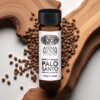











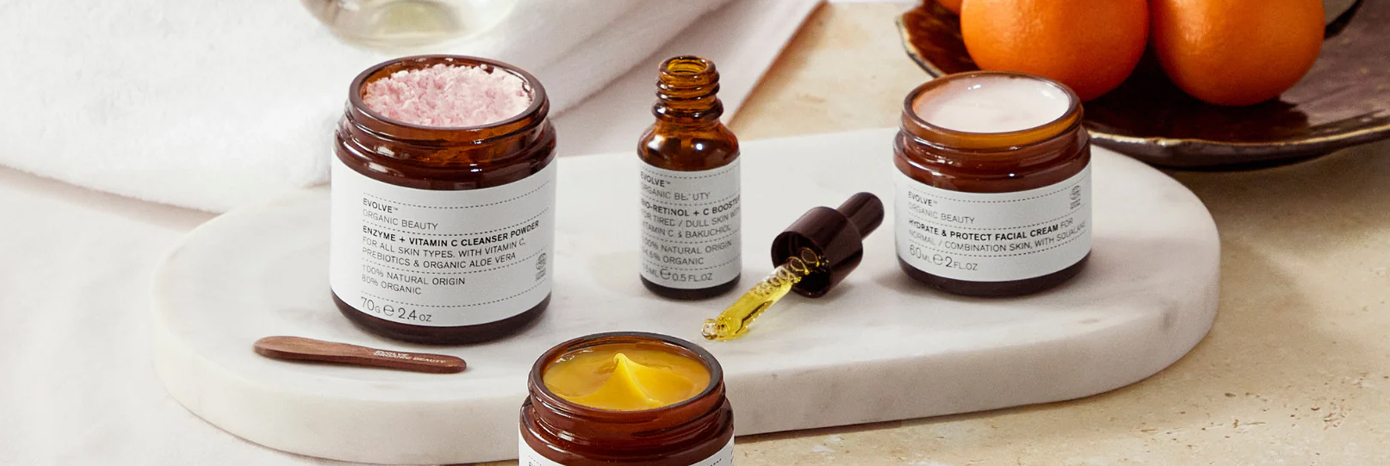


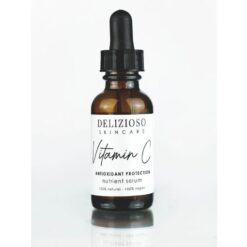

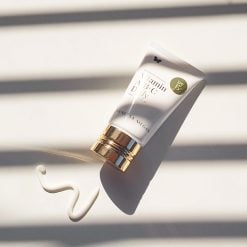
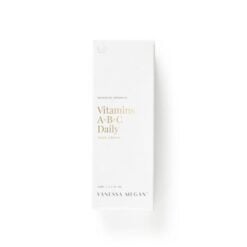
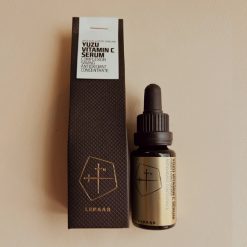
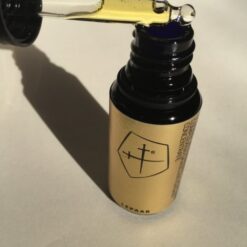


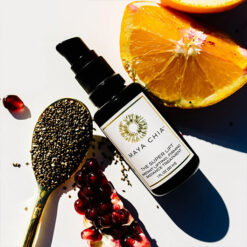
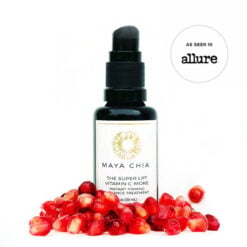






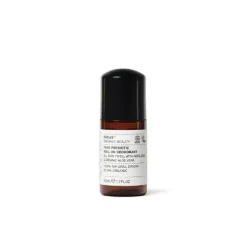
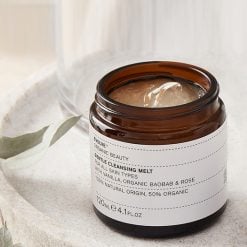





 Beauty Products
Beauty Products By Skintype
By Skintype Brands A-Z
Brands A-Z Wellness
Wellness Health / Nutrition
Health / Nutrition